Vocabulary expansion Normal Science Worksheets for Ages 6-9
20 filtered results
-
From - To
Enhance your child's language skills with our Vocabulary Expansion Normal Science Worksheets designed specifically for ages 6-9. These engaging, age-appropriate worksheets incorporate essential scientific concepts while fostering vocabulary development. Each worksheet promotes critical thinking, encouraging young learners to explore and understand various scientific terms and their applications. Through interactive activities like matching, fill-in-the-blanks, and fun illustrations, children will expand their scientific vocabulary in a playful manner. Our printable resources are perfect for homeschoolers, after-school programs, or classroom use. Ignite a passion for science and language with our thoughtfully crafted worksheets that pave the way for confident learners!
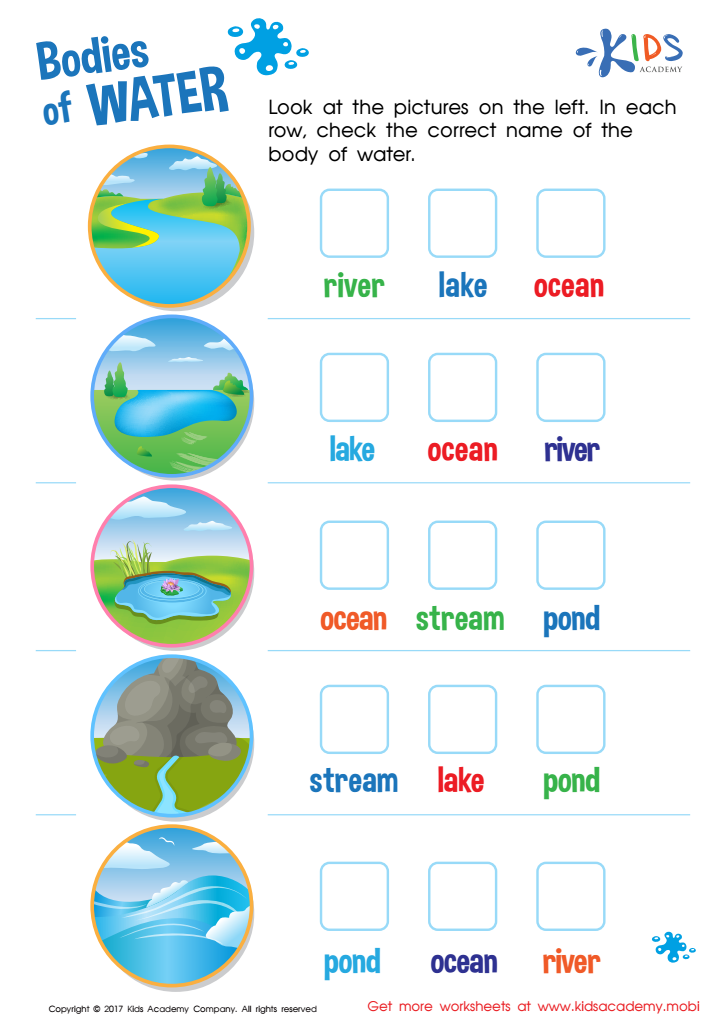

Bodies of Water Worksheet
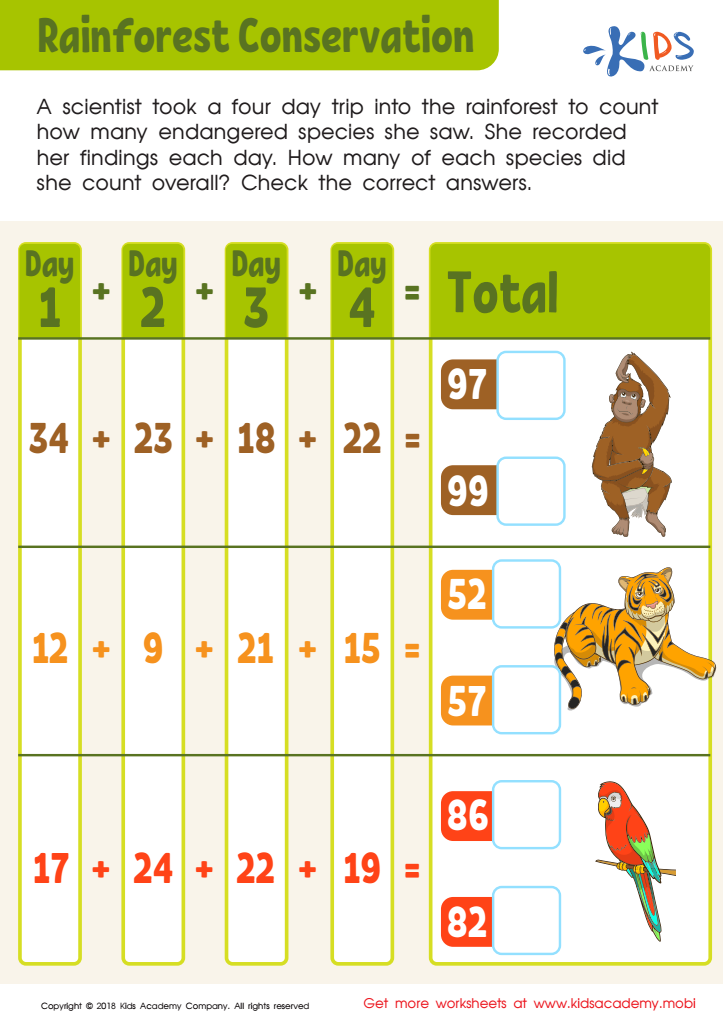

Rainforest Conservation Worksheet
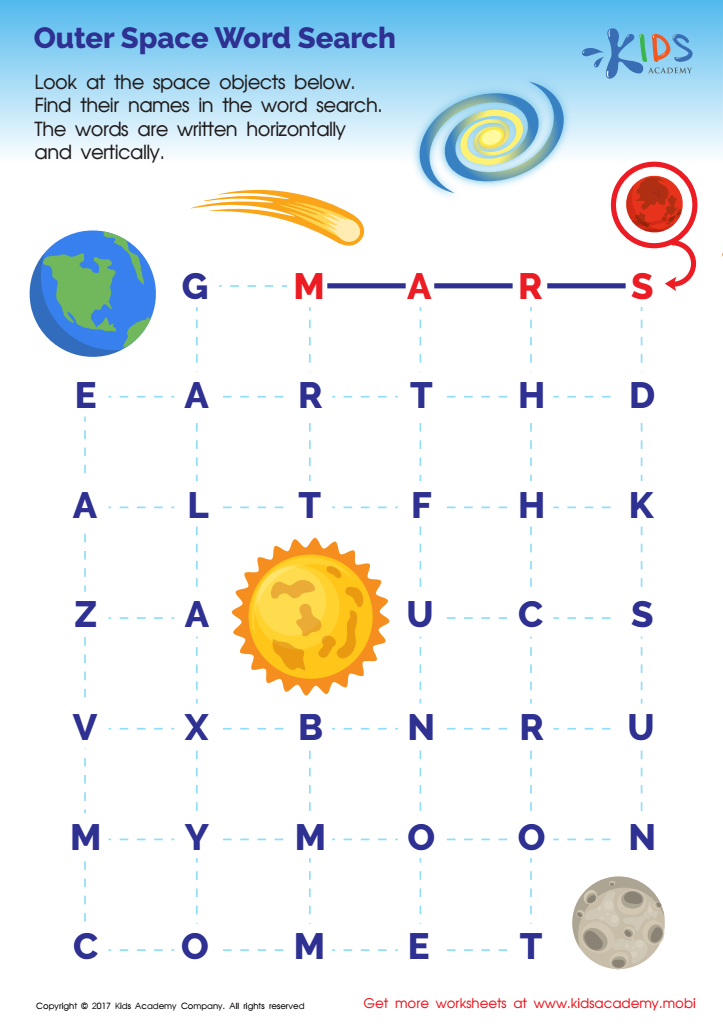

Outer Space Word Search Printable
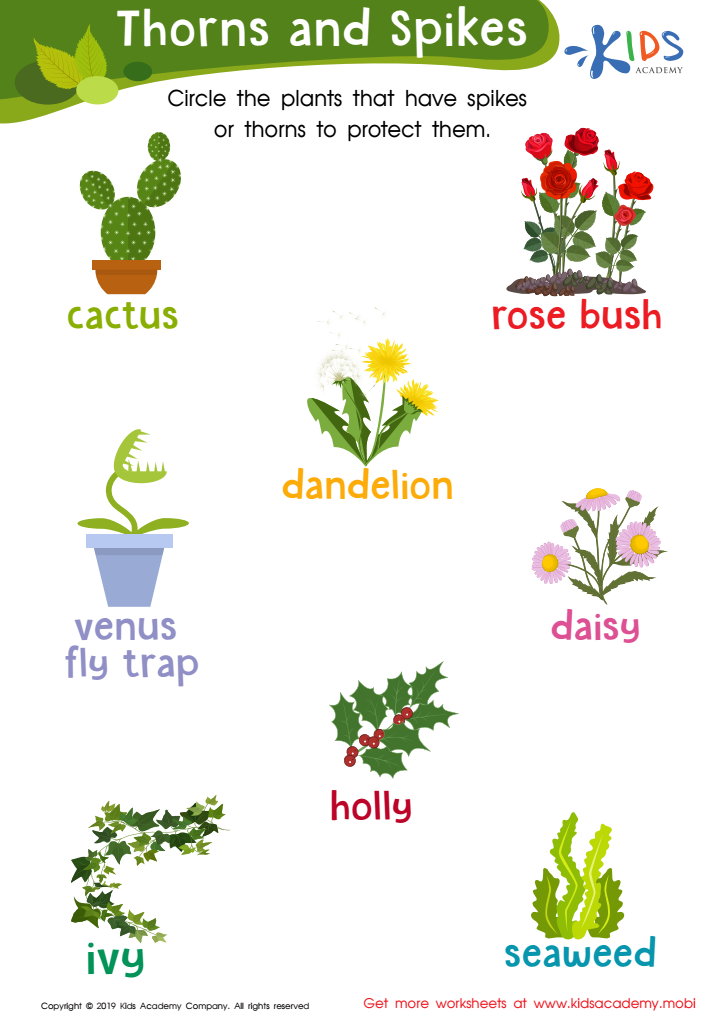

Thorns and Spikes Worksheet
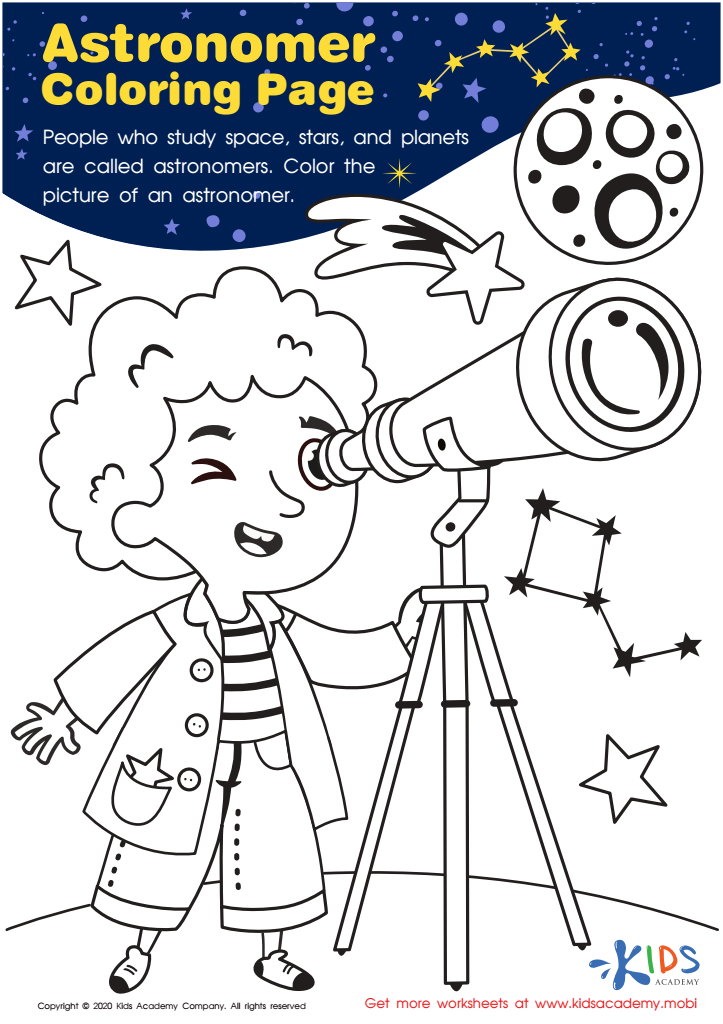

Astronomer Coloring Page Worksheet
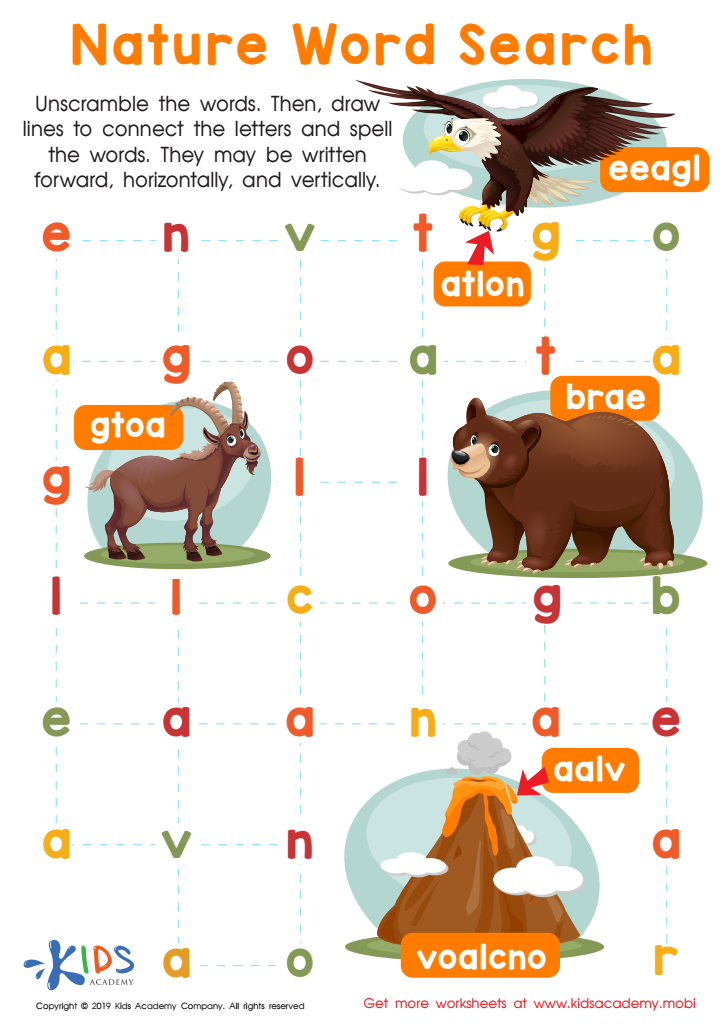

Nature Word Search Worksheet
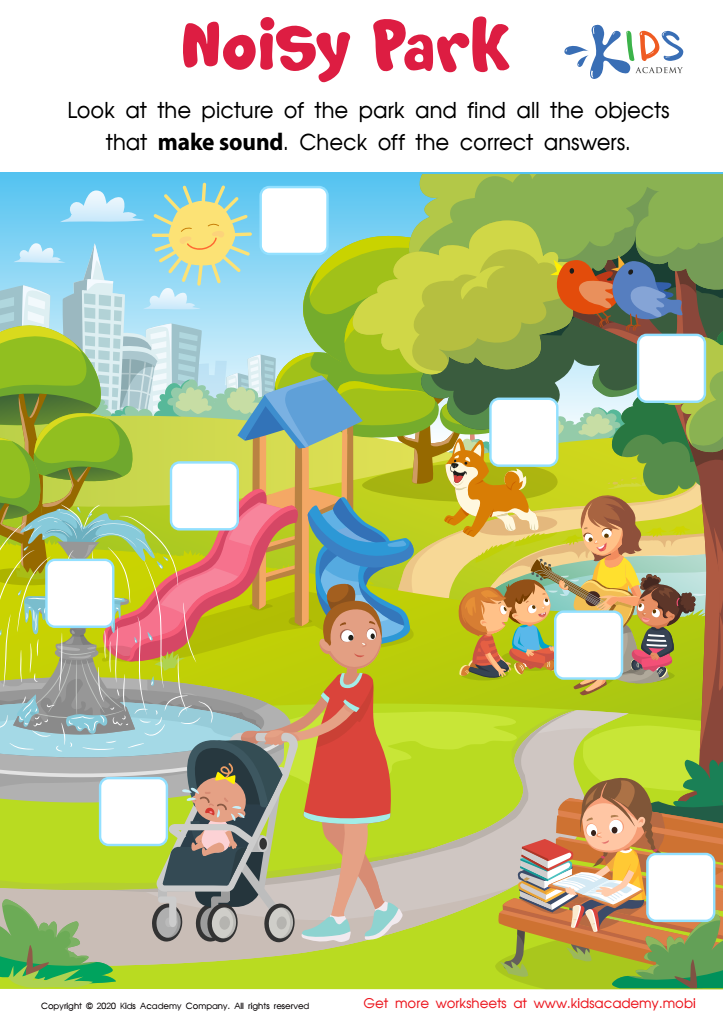

Noisy Park Worksheet
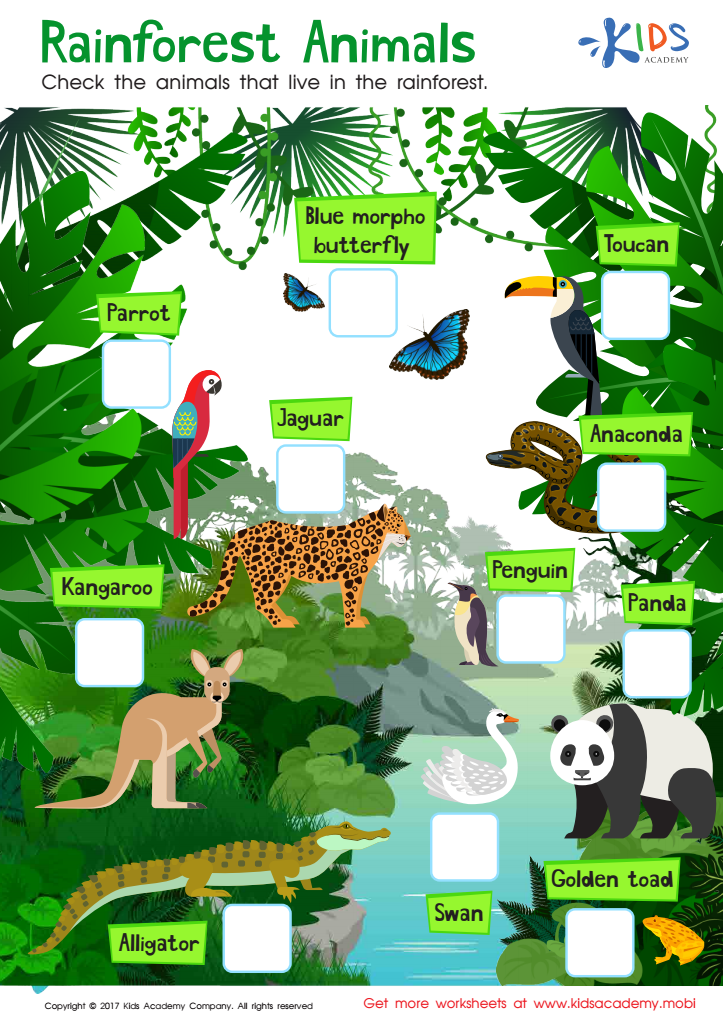

Rainforest Animals Worksheet
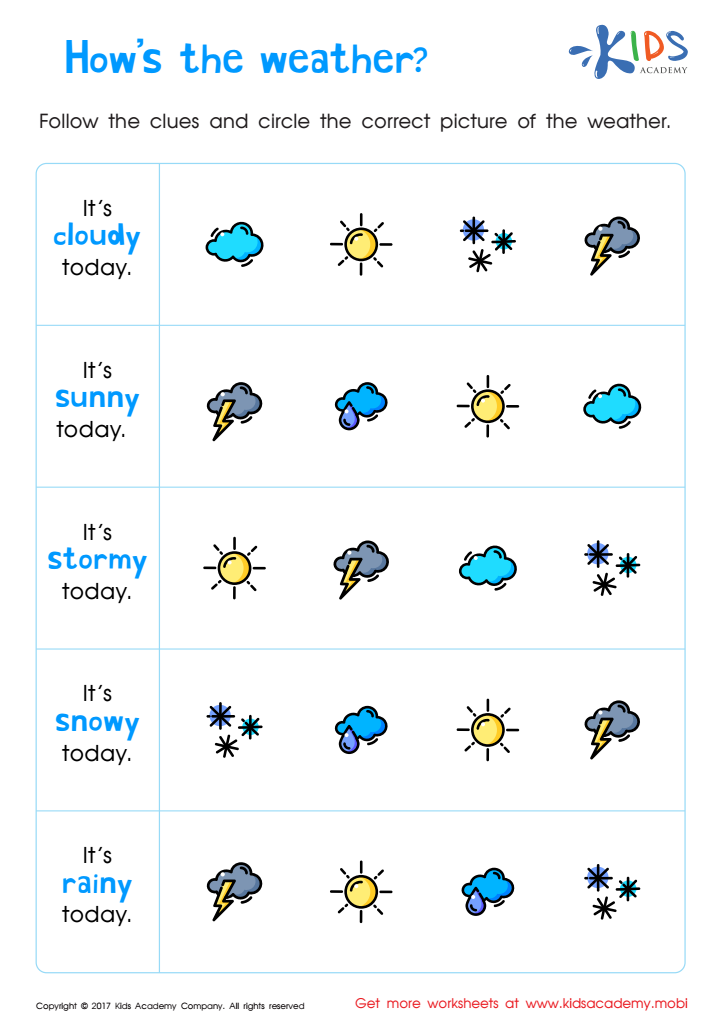

Hows the Weather Worksheet
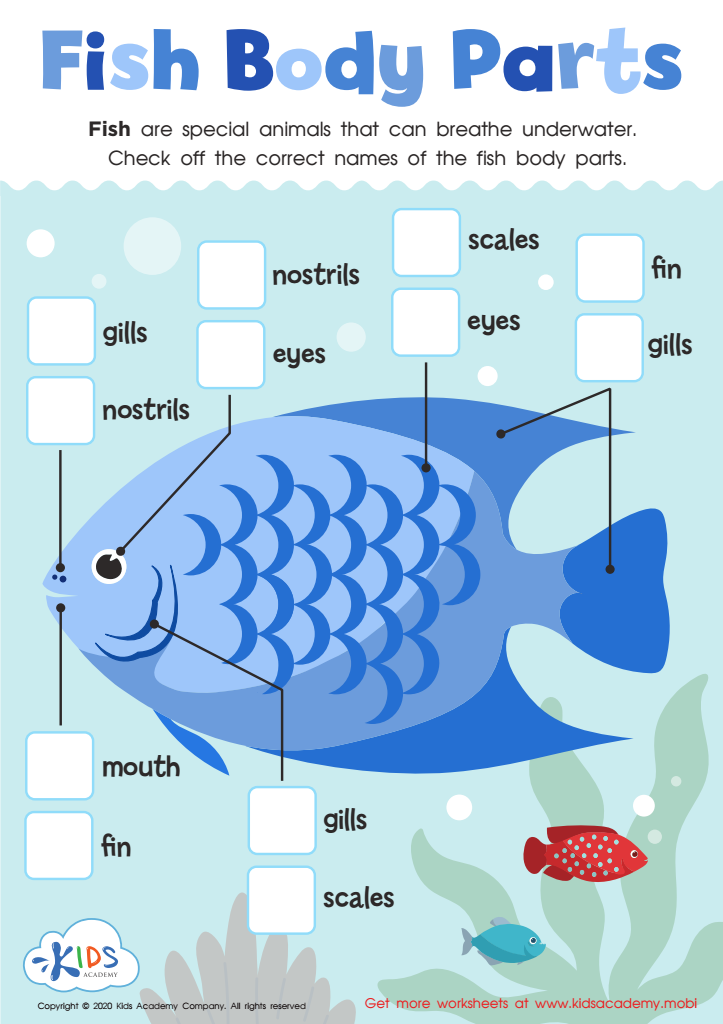

Fish Body Parts Worksheet
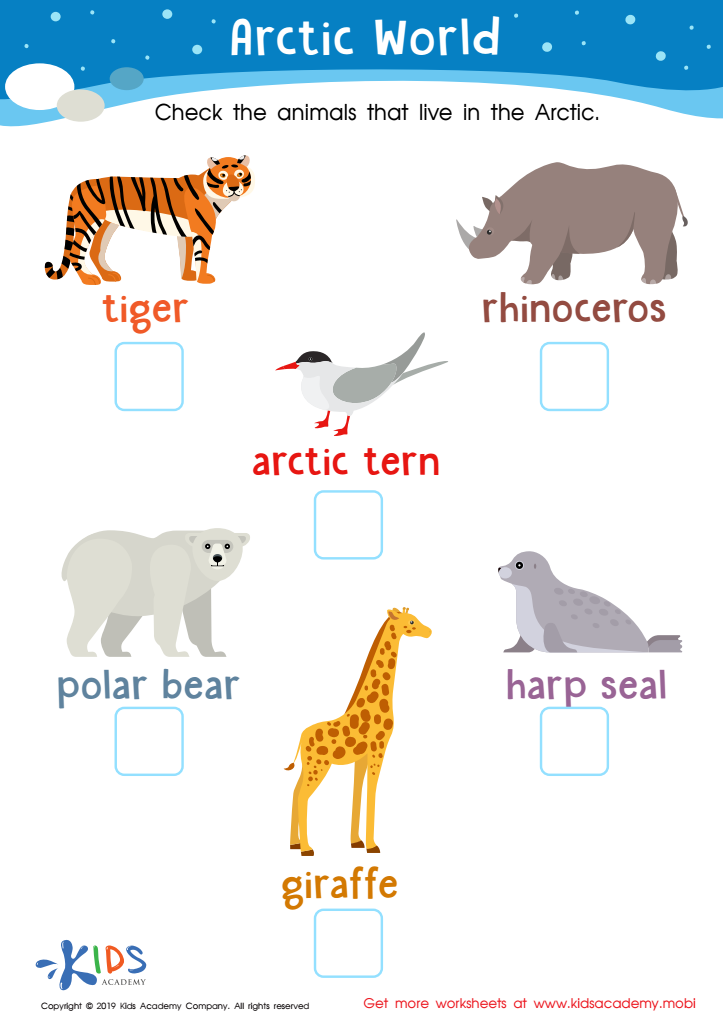

Arctic World Worksheet
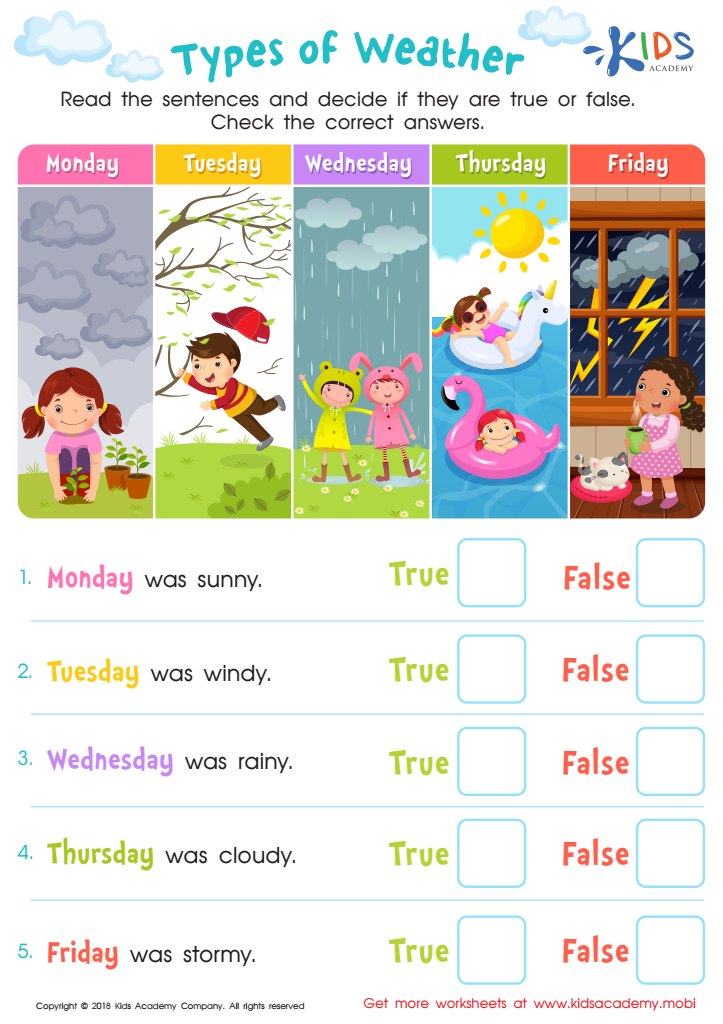

Types of Weather Worksheet
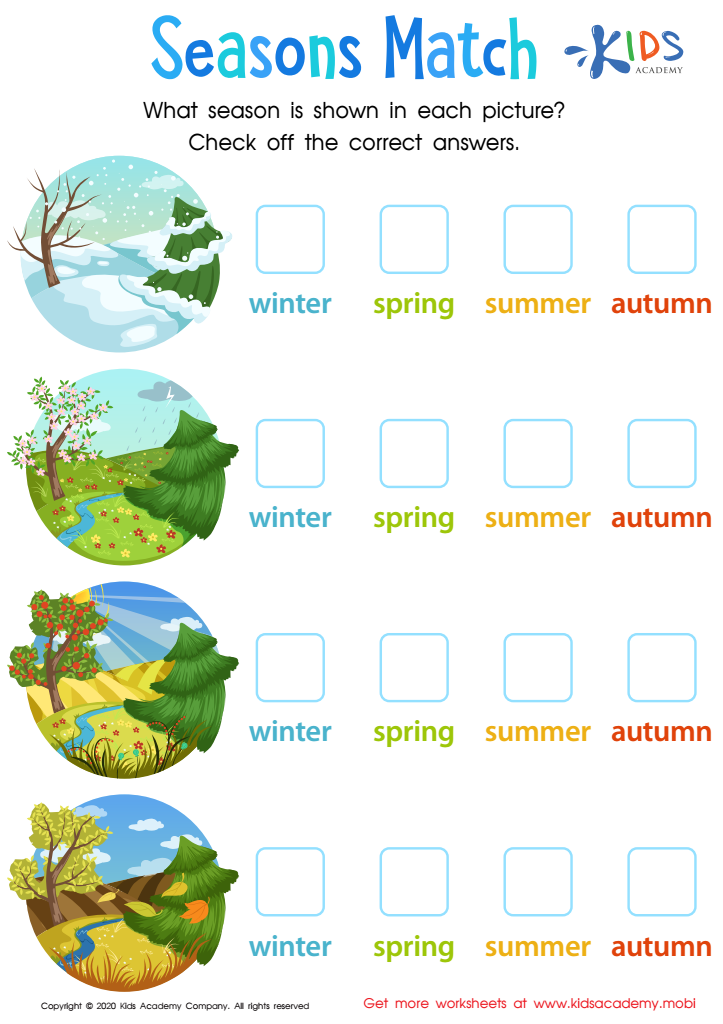

Seasons Match Worksheet
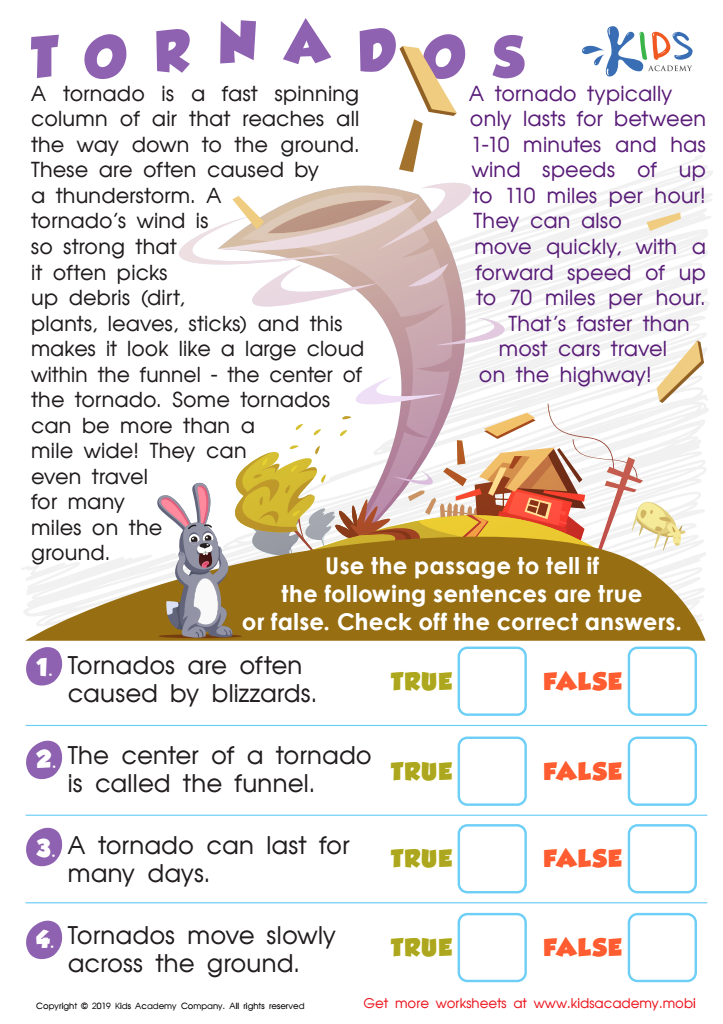

Tornados Worksheet
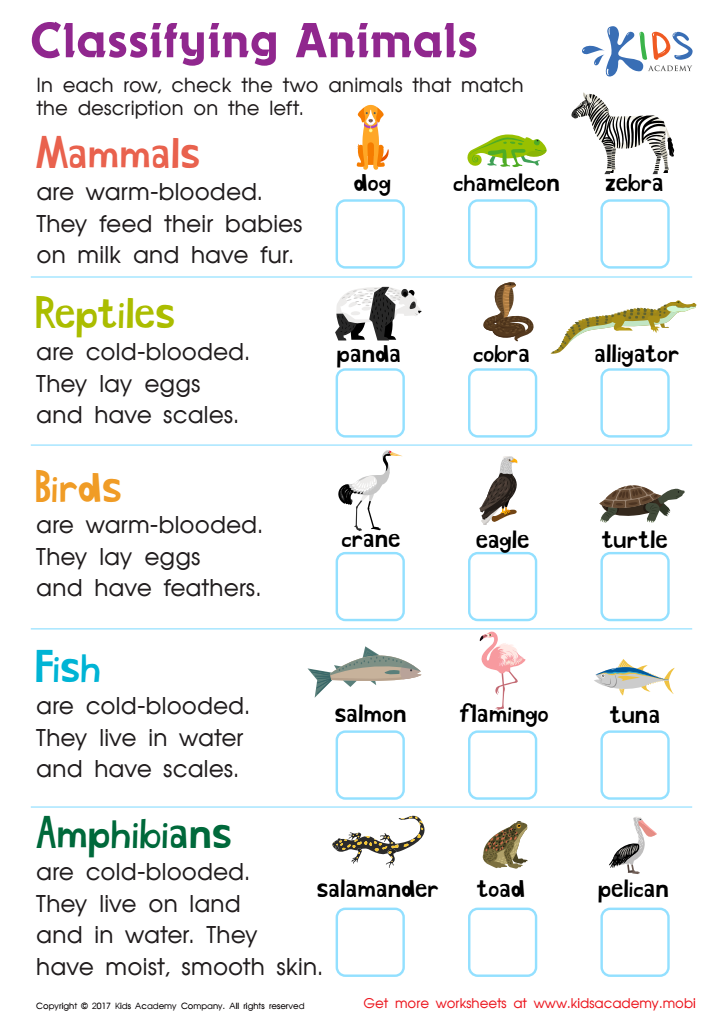

Classifying Animals Worksheet
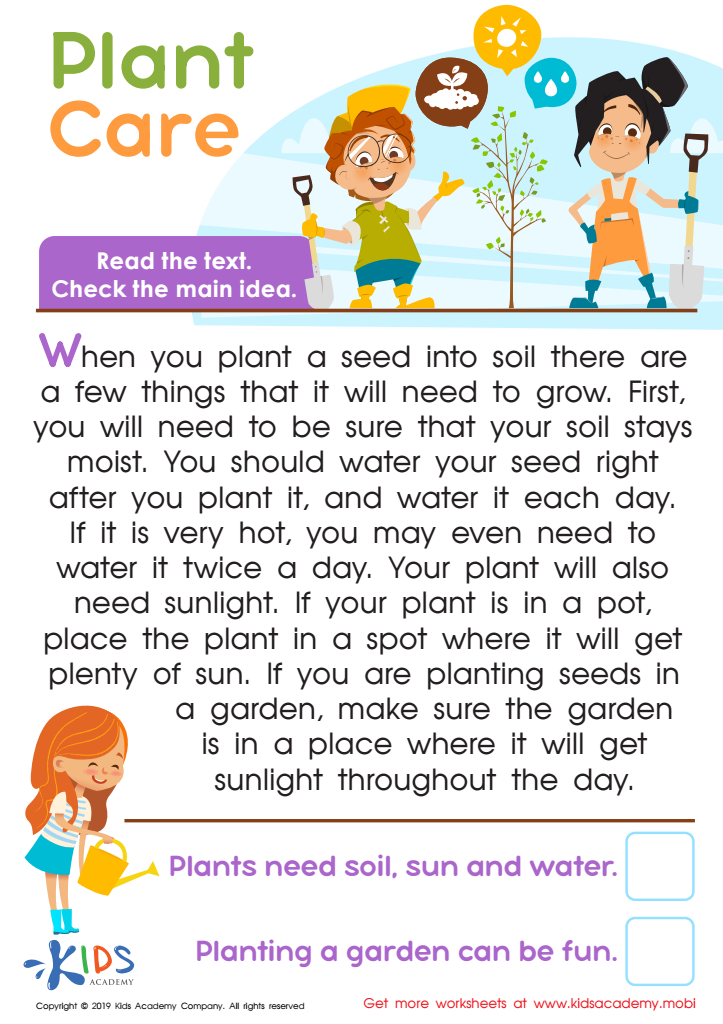

Plant Care Worksheet
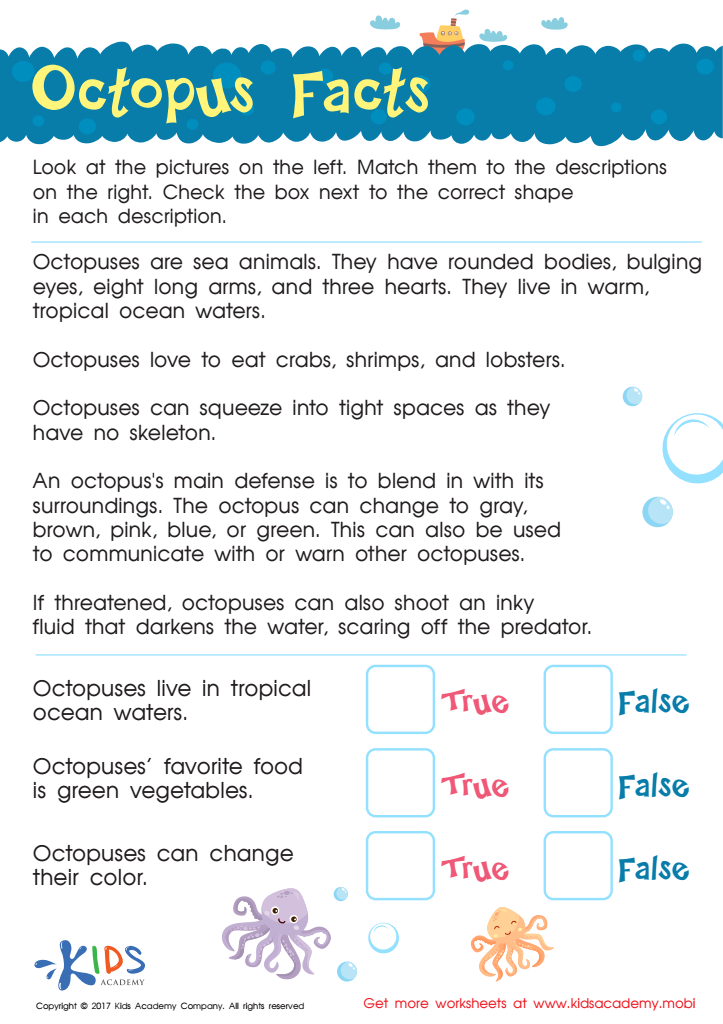

Octopus Facts Worksheet For Kids
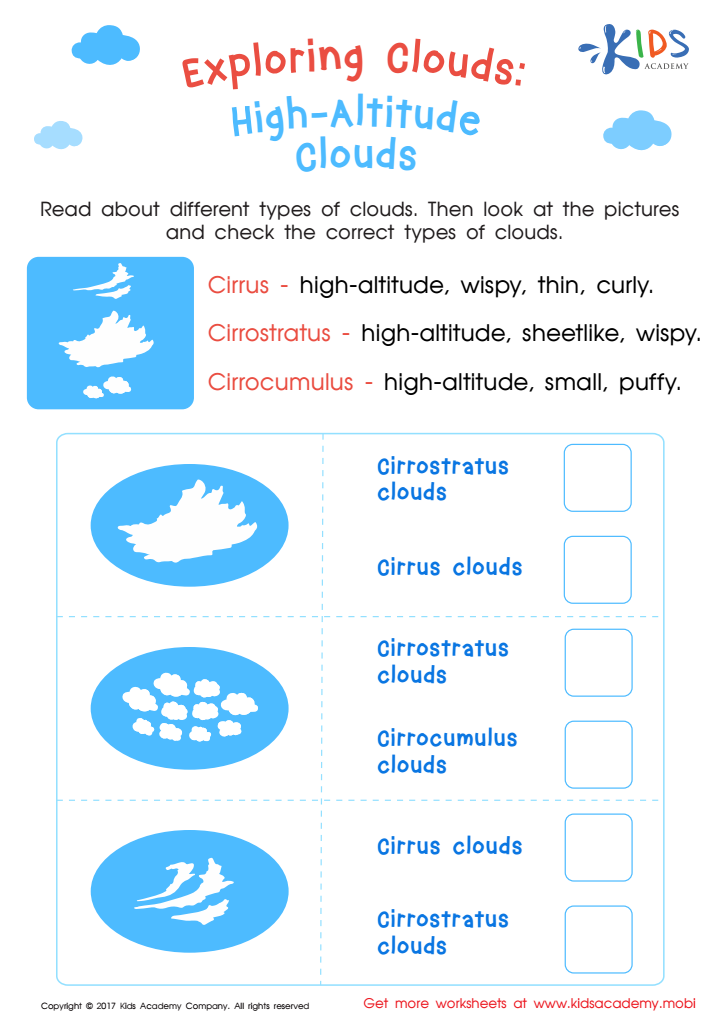

Exploring Clouds: High Altitude Clouds Worksheet
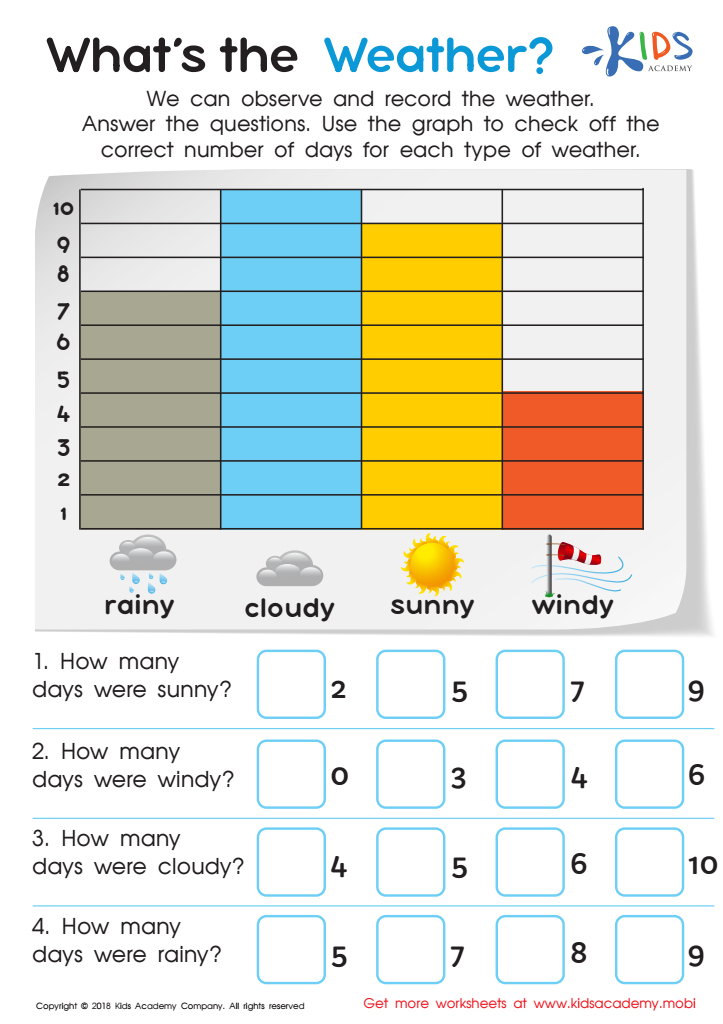

What's the Weather? Worksheet
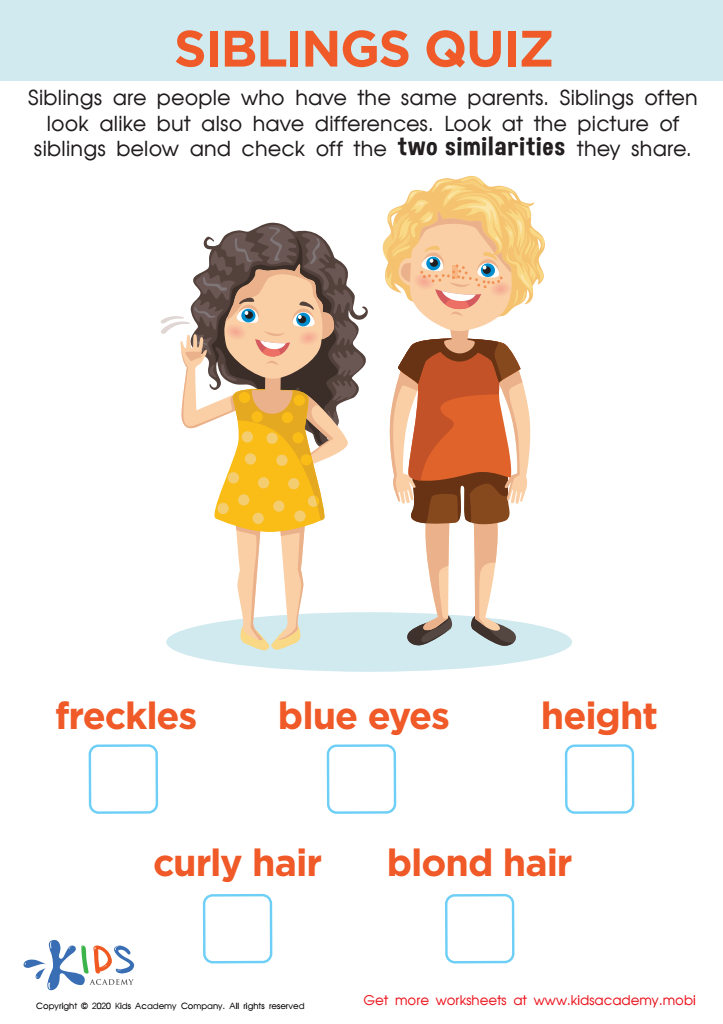

Siblings Quiz Worksheet
Vocabulary expansion during the ages of 6-9 is crucial for children’s cognitive and social development. This period is formative, as children begin to engage more deeply with the world, enhancing their comprehension and communication skills. By understanding vocabulary related to "Normal Science"—the study of established scientific understanding—students can develop critical thinking and inquiry skills through concepts that often relate to observation, experimentation, and explanation.
Parents and teachers should care about this because vocabulary mastery not only enriches children’s language but also fosters their ability to articulate thoughts, ask questions, and share ideas. A solid vocabulary base enables students to excel in reading comprehension, which is vital as they transition to more complex texts. Moreover, engaging with scientific vocabulary nurtures curiosity about the world, prompting children to explore, investigate, and think independently.
Additionally, this vocabulary aligns with educational standards and provides a stepping stone for lifetime skills in STEM fields, which are increasingly vital in today’s job market. Promoting vocabulary expansion in Normal Science helps create enthusiastic, informed individuals who are better equipped to engage with scientific phenomena, leading to deeper understanding and a sophisticated appreciation of their environment. Ultimately, fostering a love for language and science during these years cultivates well-rounded learners.
 Assign to My Students
Assign to My Students















